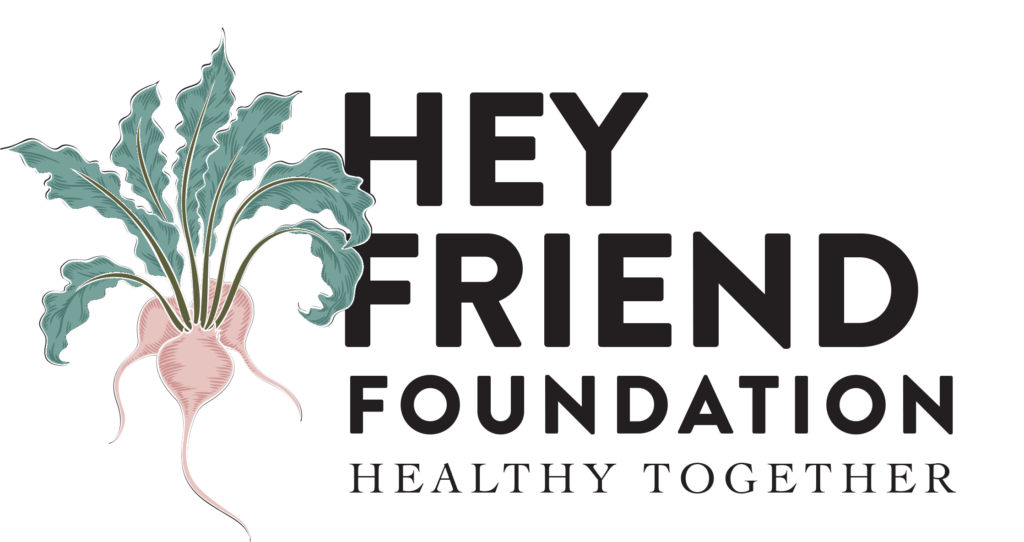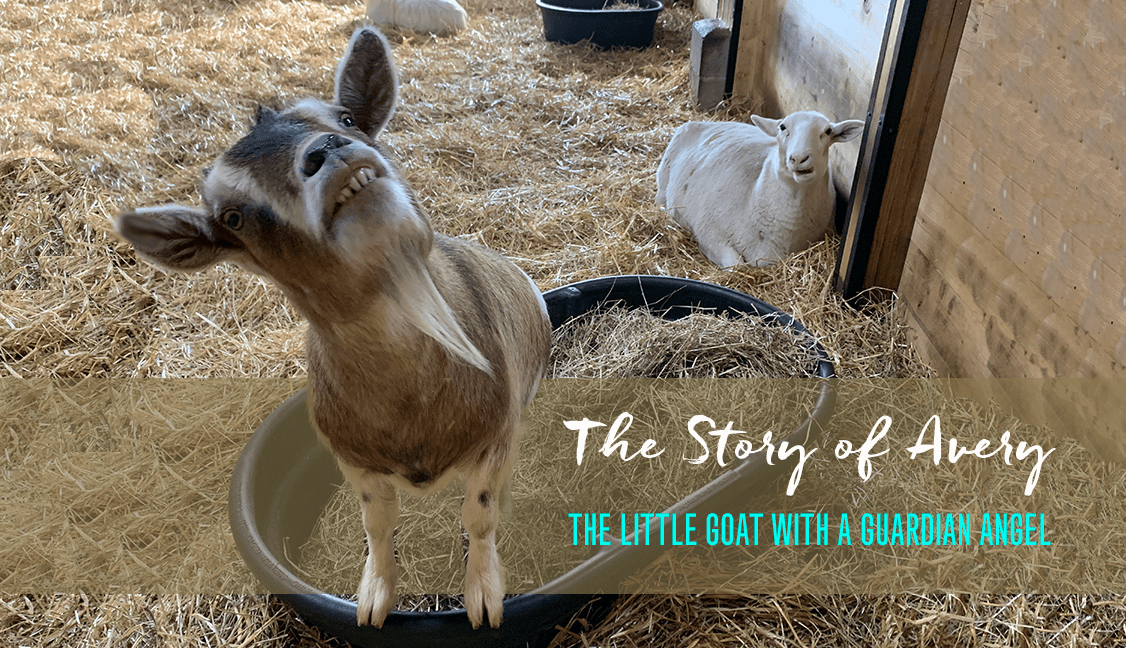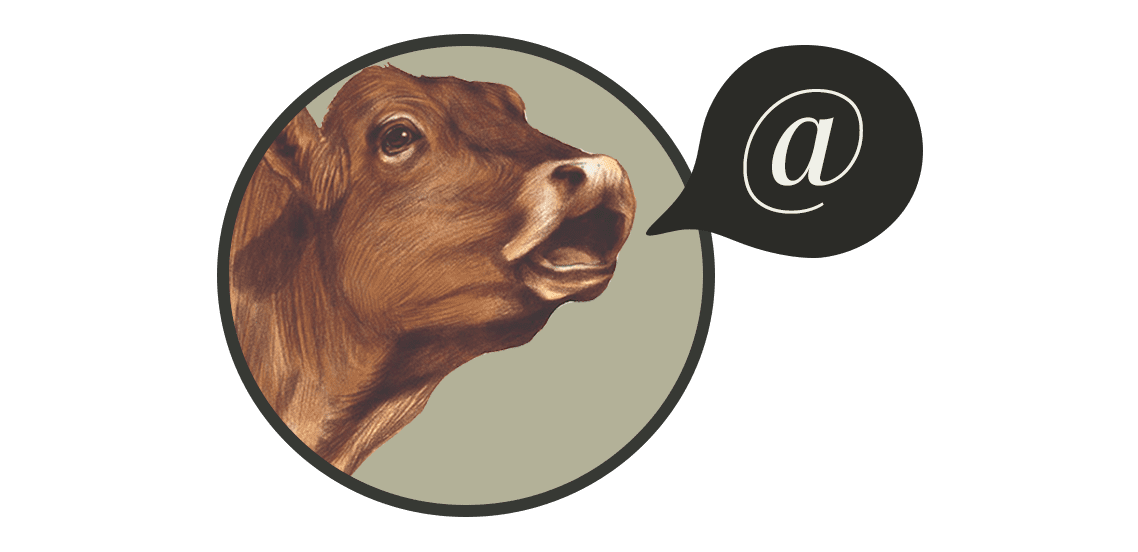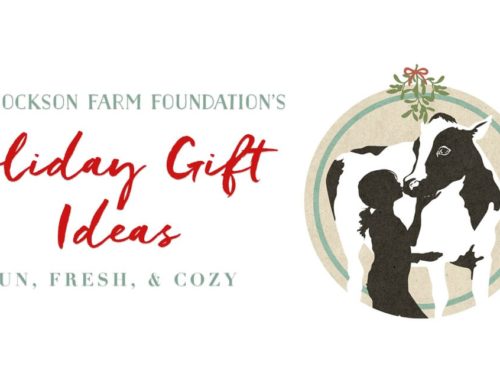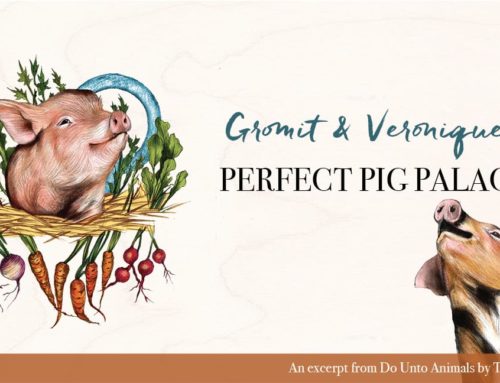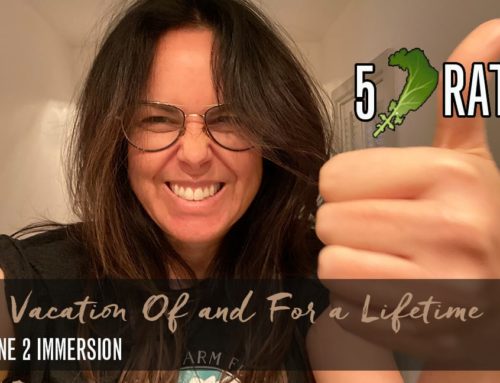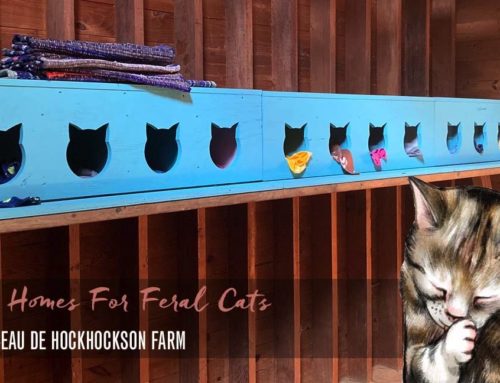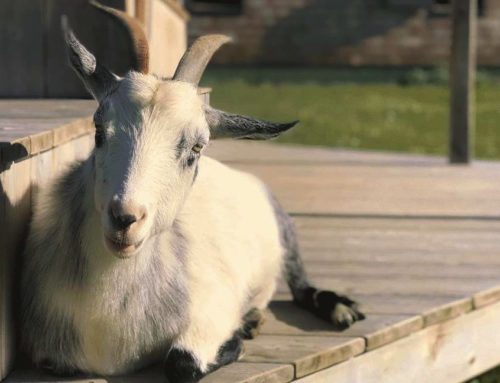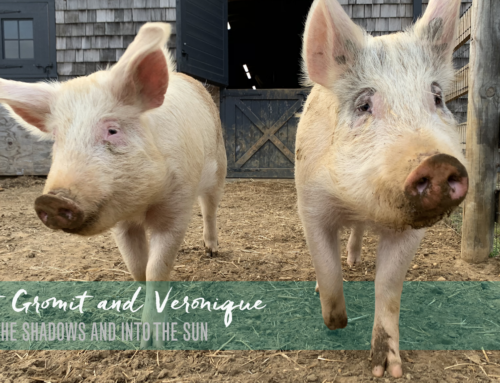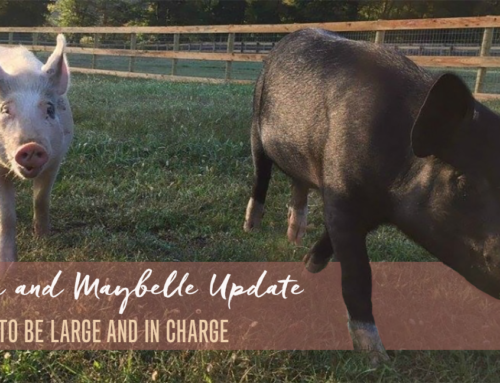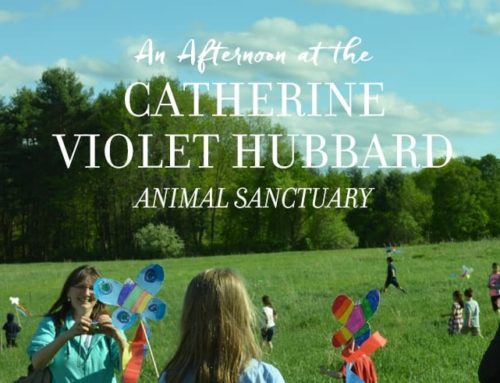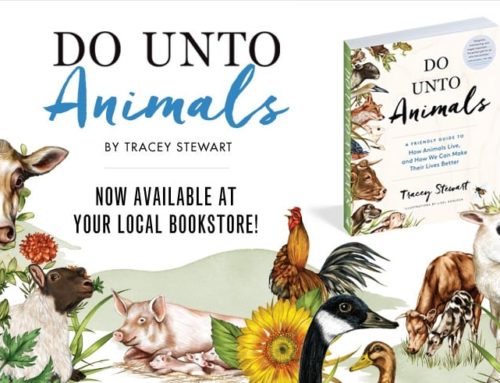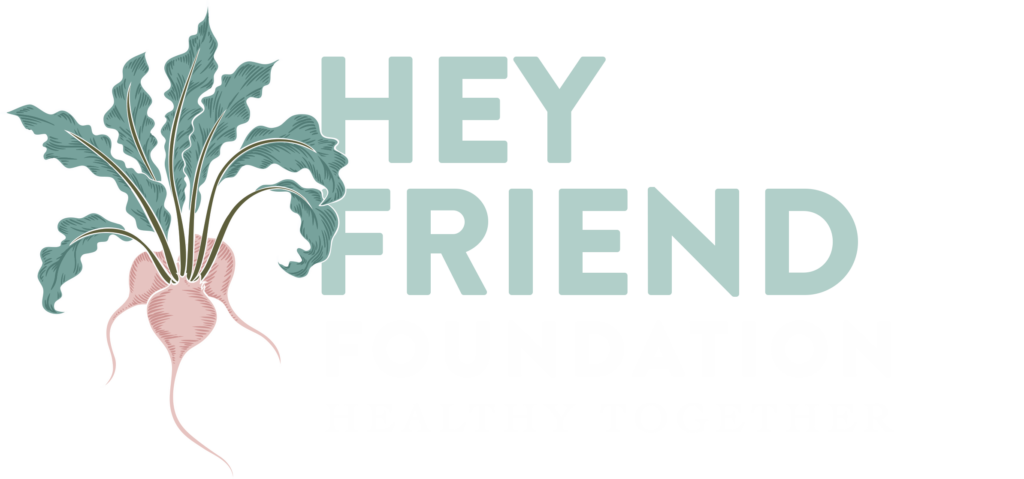Avery came to call The Hey Friend Foundation his home after surviving a very harrowing beginning. He had been purchased at 6 weeks to be a family pet for a young girl. When Avery arrived at the families’ home he had already been disbudded* by the breeder.
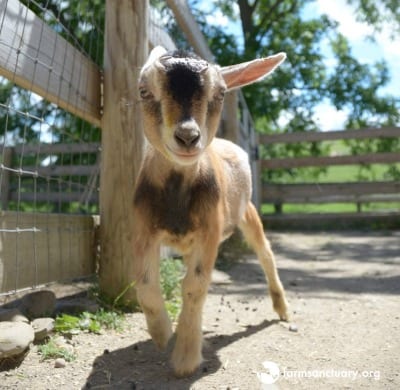
Sadly, as is common, Avery’s horns started to grow back in—this time back into his head causing a massive infection. Avery had to have surgery to remove the horns. It would take six months for him to recover. The surgery was so invasive we worried for some time that Avery might have suffered neurological damage.
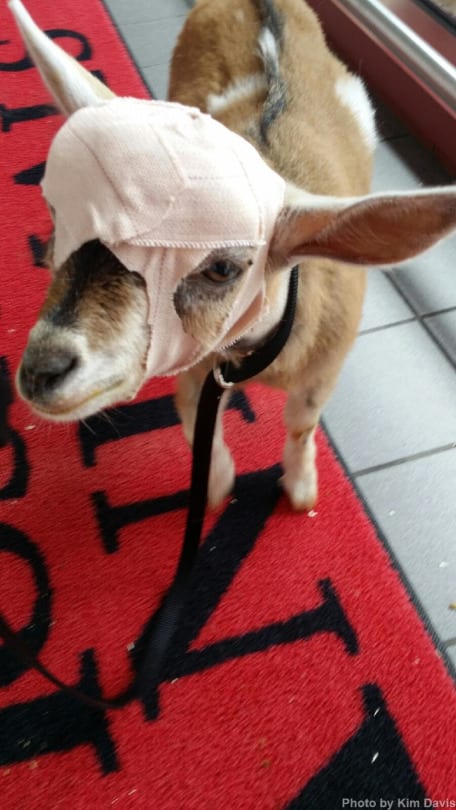
The family had also been wrongfully advised to feed Avery unlimited grain instead of proper hay or other feed which caused him to develop stones** shortly after his first surgery — now a second surgery was required. Then, as is common, the scarring from this surgery caused Avery to block again requiring a third surgery. There was no guarantee that this would be the last for him either.
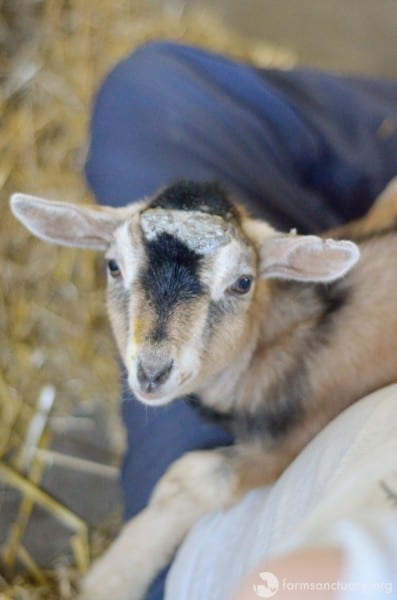
Unable to afford another surgery Avery’s little girl made a very difficult decision. Euthanasia was not an option so she pleaded with the vets to reach out to Farm Sanctuary to see if they could help find him a new home.
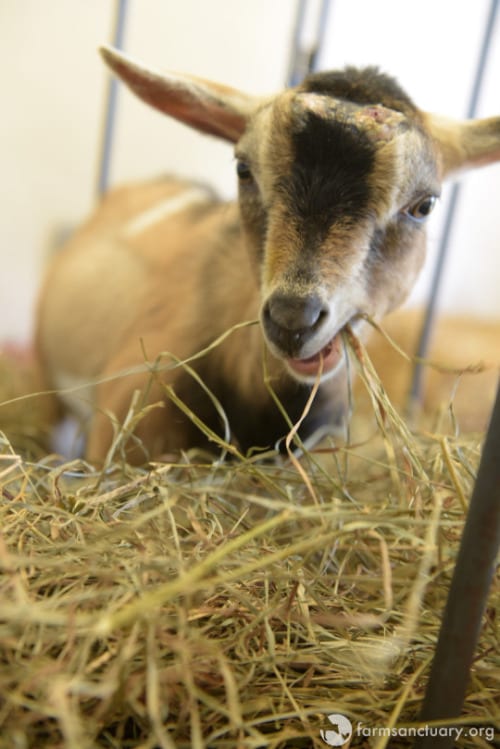
Shelters are inundated with calls asking for assistance and placement options. Cute little dwarf goats and other small farm animals like Avery have become very popular as pets. Unfortunately, people who may start out with the best intentions underestimate the amount of specialized care each requires. Avery’s beginning perfectly illustrates how a novel, kindhearted idea can get very complicated very quickly. Fortunately for Avery, Farm Sanctuary was able to take him into their care. He cried often for human attention— and the caregivers all too willingly obliged.
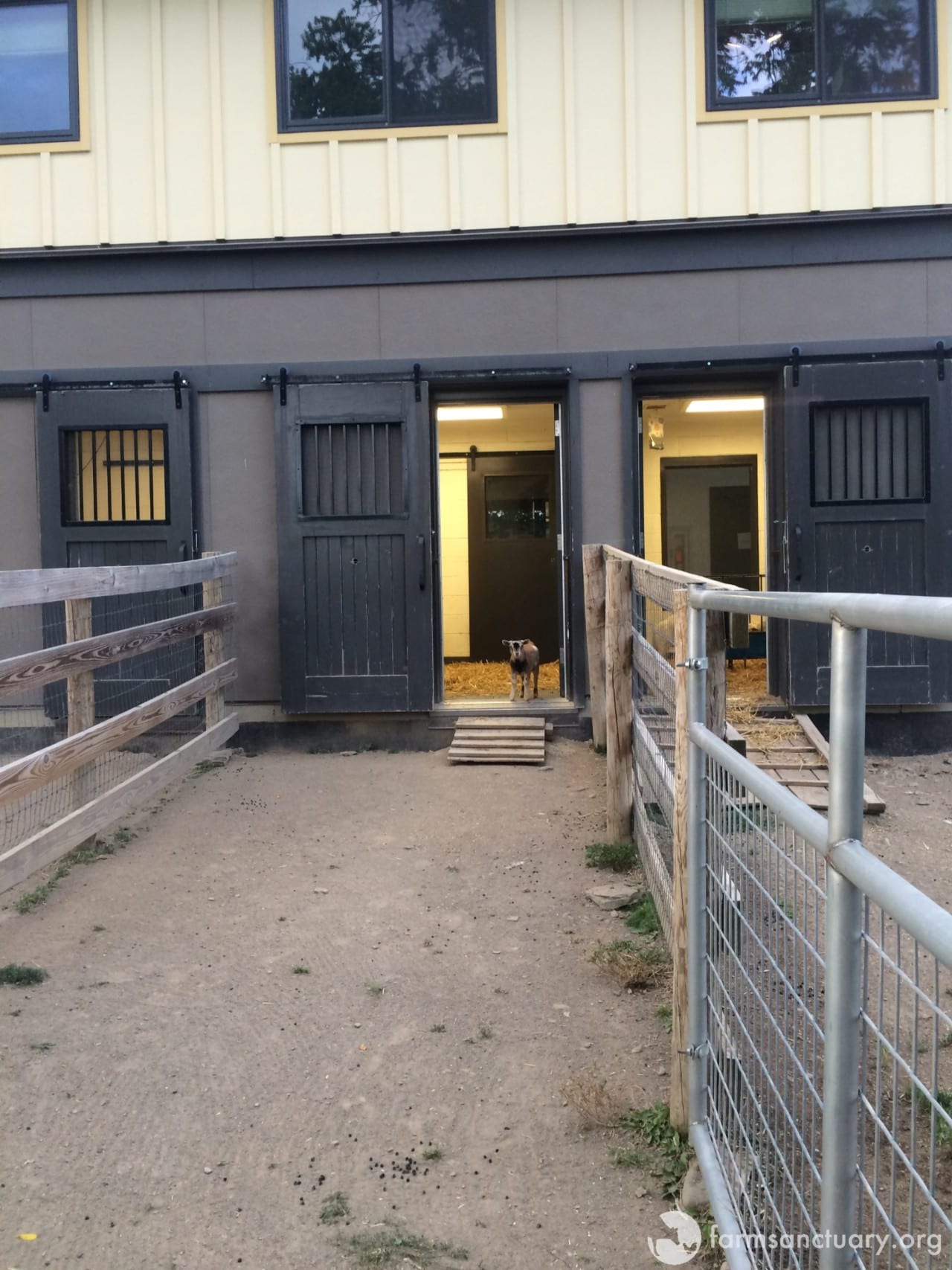
Still something was missing…enter Romy sheep and Levi goat. This pair had also been convalescing at Farm Sanctuary’s Melrose Small Animal Hospital down the hall from Avery. This relationship made all the difference for Avery.
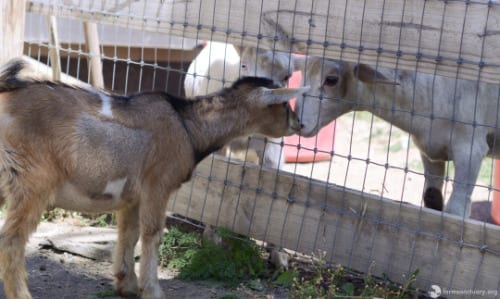
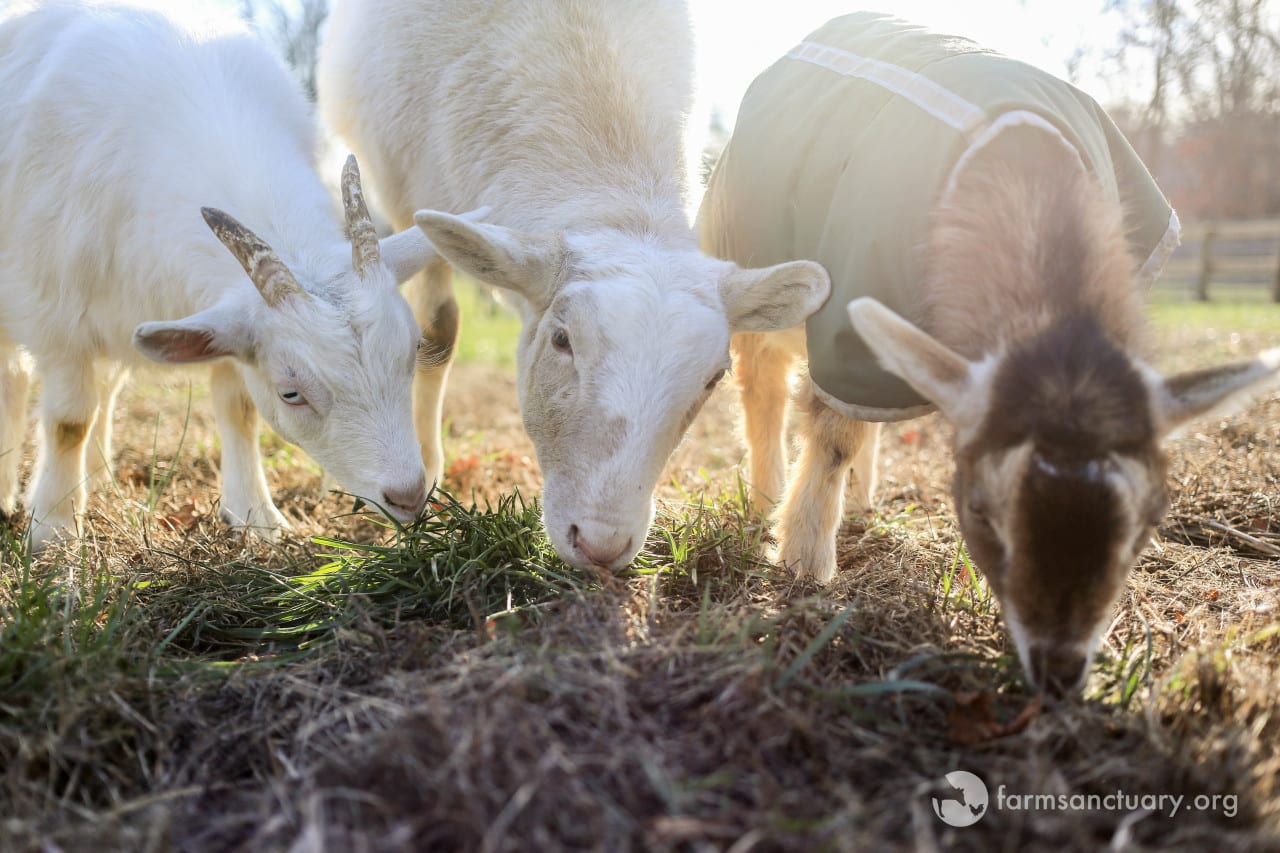
Things got even better for the everyone when Harper (a dwarf goat from Farm Sanctuary’s Hudson Valley 2015 rescue) became a roommate as well.
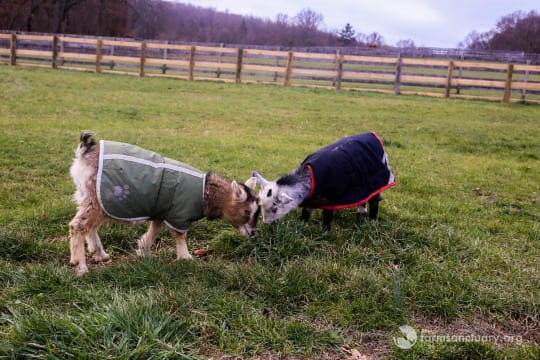
They had all formed a strong bond. Avery and Harper’s diminutive size made it risky to introduce them into the larger herd at Farm Sanctuary. Having already fallen deeply in love with this crew I was thrilled to find out that our farm had been chosen to be their new home.
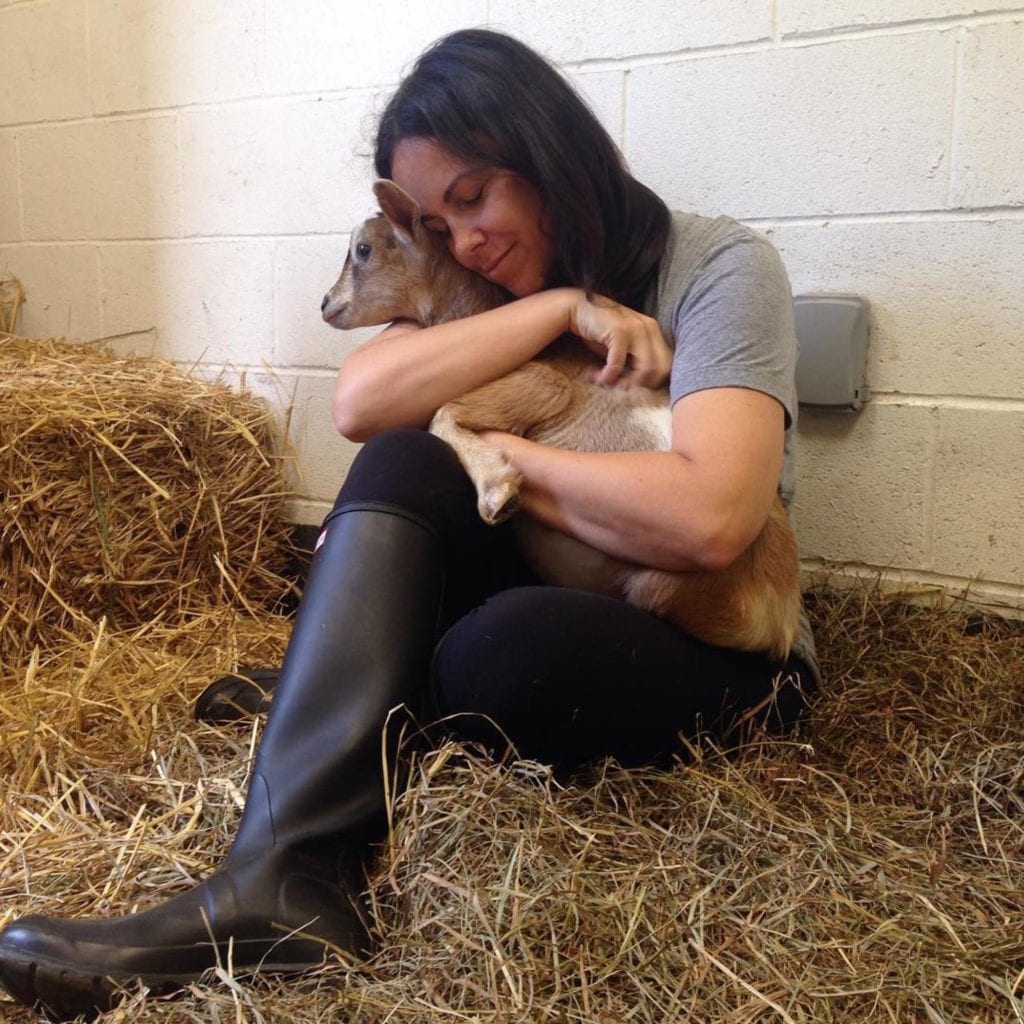
Today Avery leads a very contented life with his buddies at The Hey Friend Foundation. Avery’s partner in crime is Levi. If Levi’s in the mood to start a ruckus, you know who, is right there to jump in.
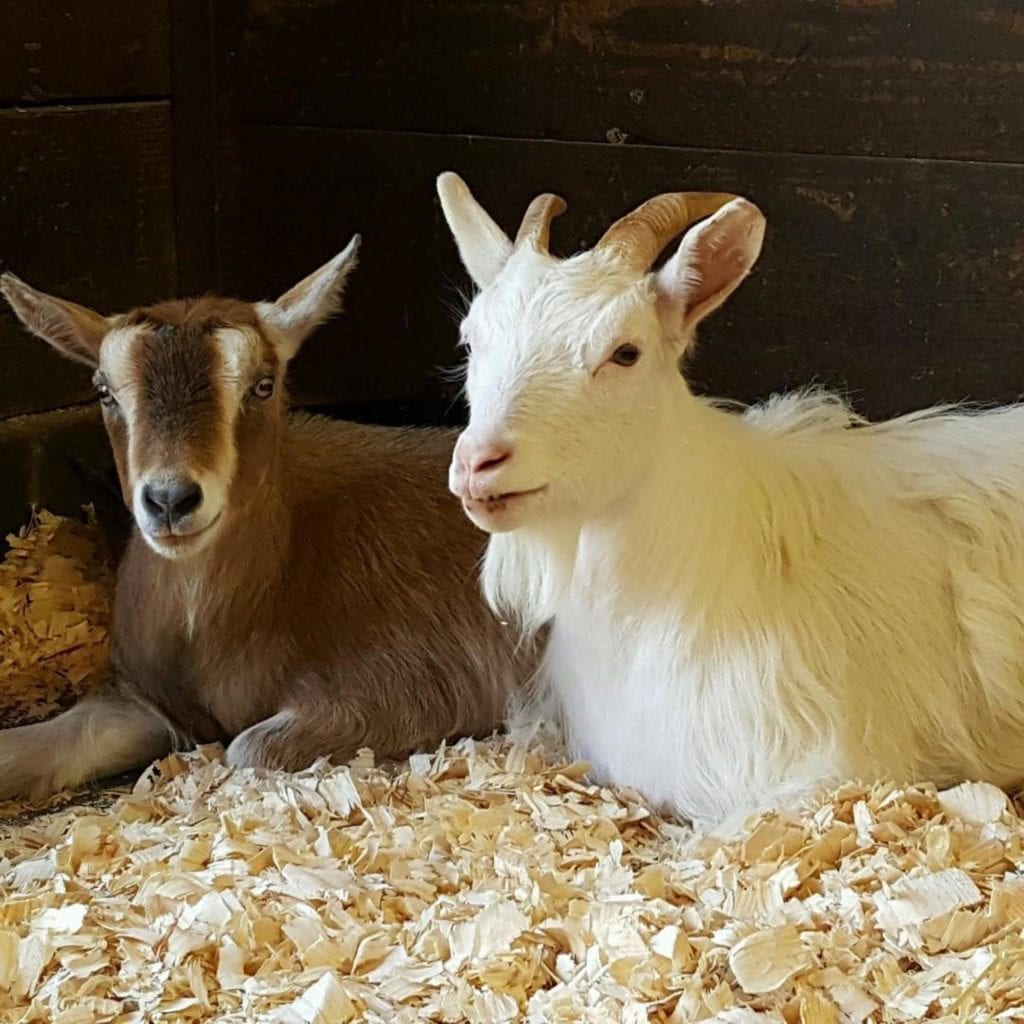
He’s also our consummate Macgyver, creating toys out of anything…gloves, fences, you name it. His favorite activities include sleeping in hay tubs, snuggling and looking for trouble with Levi.
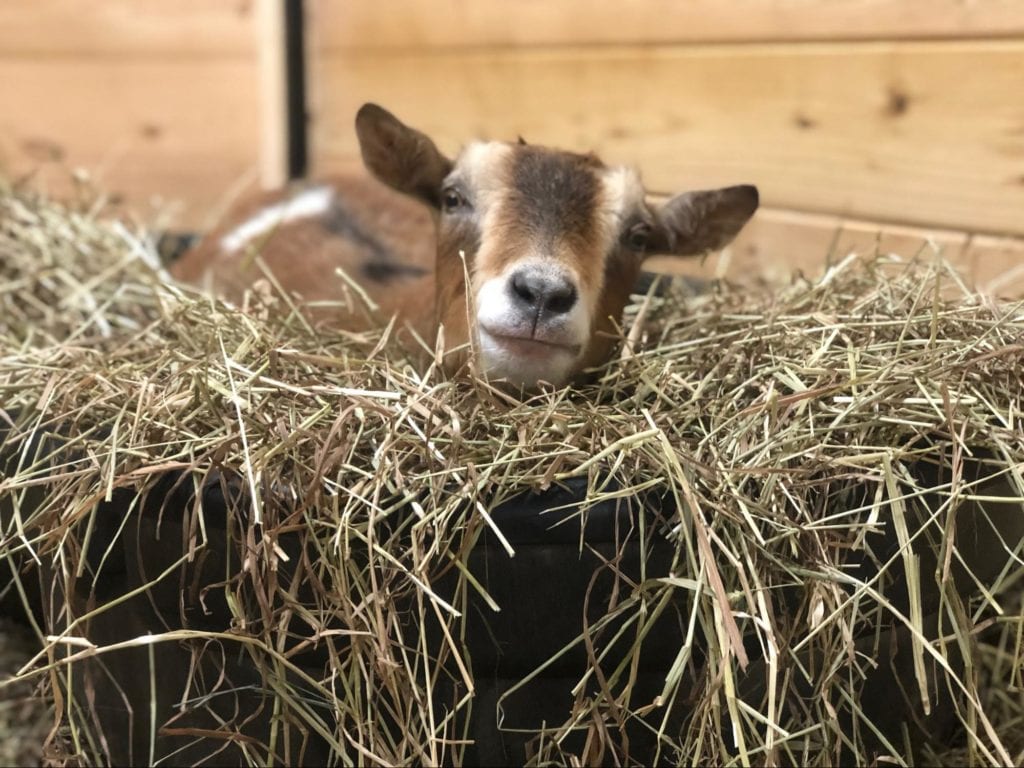
He is soft-hearted and determined. He’s the little brother that torments you because he loves your attention and if we’re being honest, we linger a little longer hoping he’ll drive us crazy.
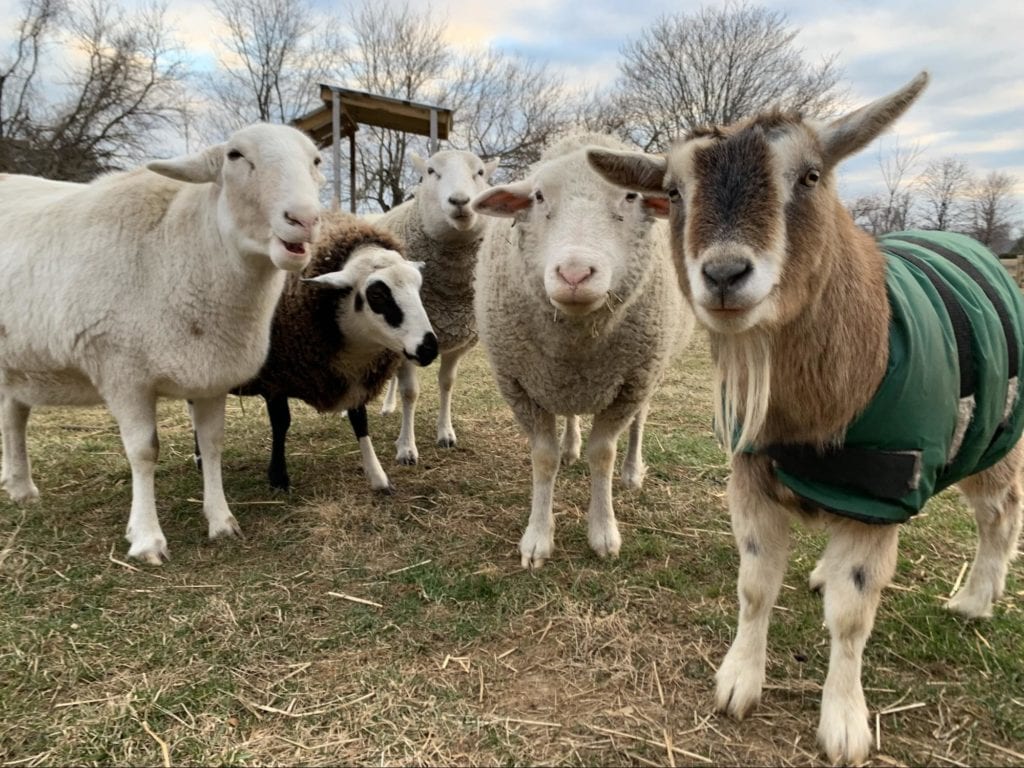
Subscribe to the Daily Squeal to keep up with Avery and his families’ adventures!
*Descenting and disbudding are very common practices with goats used in production, but also for goats who are pets as the horns can be seen by some as dangerous or a nuisance. It is a practice much like the declawing of cats: painful and something that can cause more harm than good in the end.
Avery’s scurs growing back into the head is one of the main issues that occur with dehorning that makes the process so dangerous. We do not recommend disbudding goats when at all possible—even if it is done in a hospital setting under anesthesia, as it is a highly sensitive area with an almost certain guarantee of brain damage. Goats who have been disbudded are painful for weeks and can suffer lifelong complications and sensitivity.
**Kidney stones (urinary calculi) are a very nuanced, potentially fatal, and all-too-common issue with male goats, especially wethers (neutered males) and smaller breeds. Unfortunately, many trusted sources disagree about the causation and prophylactic treatment of the different types of stones. However, its universally understood that feeding unlimited grain too high in phosphorous without any other measures causes struvite stones, which plagued Avery. We recommend a forage-based diet and routine hay testing to ensure its Calcium:Phosphorous ratio is appropriate.
